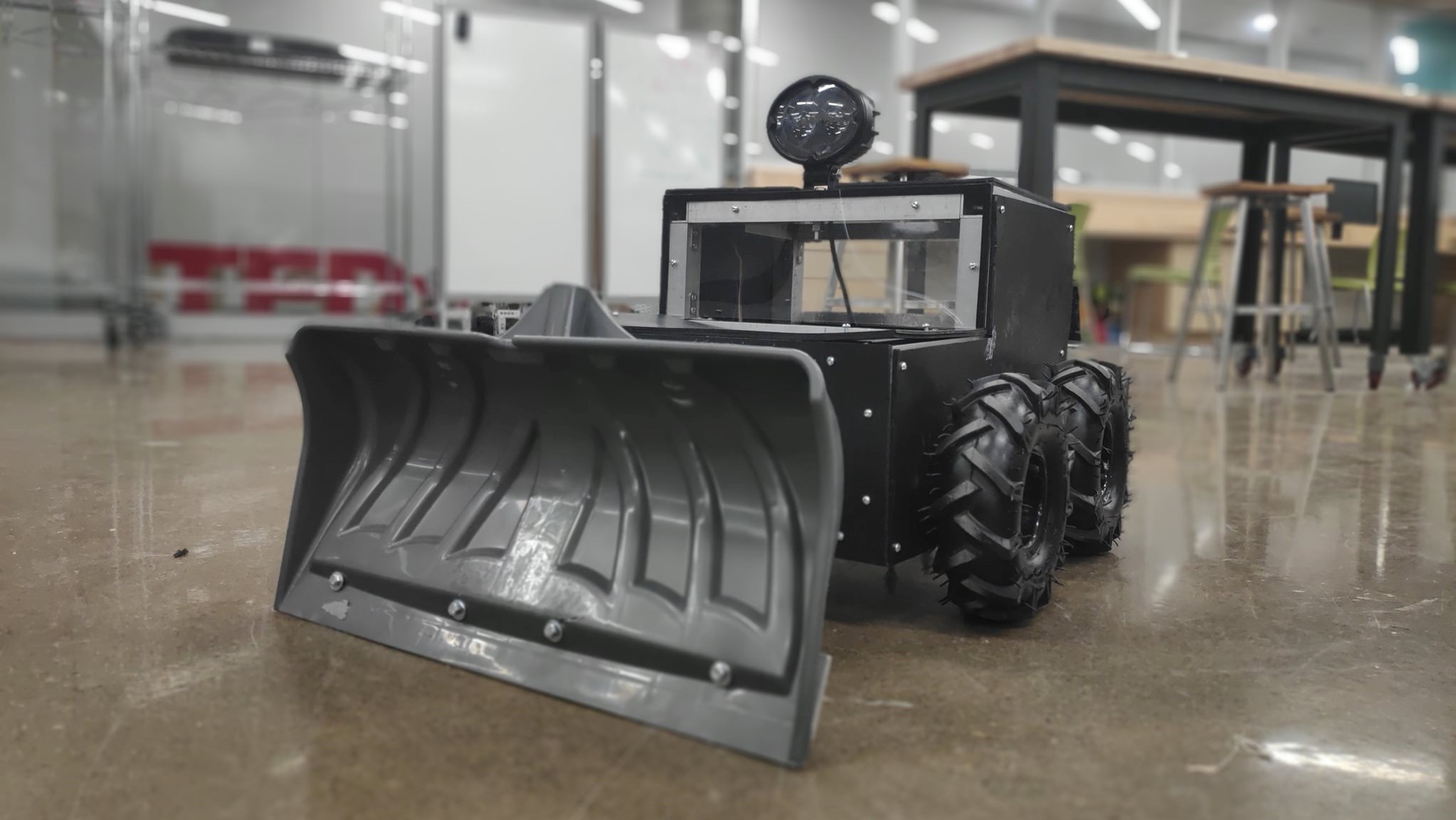
How a Hamilton youth is clearing the way for his community’s most vulnerable residents
Whether they’re marching in global protests or fighting invasive species in their own backyard, young people are finding ways to fight climate change and improve their communities. Bullfrog Power partnered with Youth Challenge International (YCI) to help fund youth-led sustainability projects like advocacy groups and circular economy initiatives.
YCI’s Youth Climate Leadership Program is helping young people from the Greater Toronto and Hamilton Area design and grow a sustainable project, mobilize other youth, and encourage community development. The Program also helps youth deepen their understanding of climate science and traditional ecological knowledge.
After completing the Program, participants pitch their climate solution for the chance to win one of four cash prizes from the bullfrogpowered community. This round, Yuxiang Guan took home a $500 prize for his project, The Robot.

Help starts at home
Yuxiang, a 20-year-old engineering student from Hamilton, believes that the best way to address a problem is to start by helping those around you. When he saw a senior woman struggling to plow snow in his neighbourhood, he offered to do the job for her.
After chatting with his neighbour, Yuxiang learned that she had been diagnosed with Parkinson’s disease and didn’t have any family to help out with household chores like plowing snow. Yuxiang decided to design something that could help her and any other community members who have difficulty clearing snow from their driveways.
Yuxiang and his team are now building a robot that could plough snow autonomously. Their goal is to reduce the need for ice-melting salts and to help vulnerable residents like seniors and people with disabilities plow their sidewalks for free.
Don’t be salty
Road salt is a cheap and effective way to melt ice and keep roads and sidewalks safe. But once it does its job, it doesn’t just disappear. The salt washes into surrounding soil and waterways, sometimes contaminating drinking water and damaging freshwater ecosystems.
Canada uses about five million tonnes of road salts each year, most of which will eventually end up in our waterways. With his snow-plowing robot, Yuxiang hopes to reduce salt usage in his neighbourhood and show other communities that there are eco-friendly alternatives.
Learning to lead
Yuxiang gained a lot from the Youth Climate Leadership Program’s supportive atmosphere. “The program has taught my team and I a lot when it comes to presentation skills, pitching, teamwork, and leadership,” he said.
For a time, Yuxiang was having doubts about presenting at the Program’s final pitch night because his robot wasn’t finalized. His mentor noted that you don’t need a fully functional project to pitch – progress and planning are also important.
That encouragement paid off, and Yuxiang walked away from the pitch night with a $500 prize from Bullfrog Power. His team plans to use the funds to purchase and mount new electric motors on the robot.

